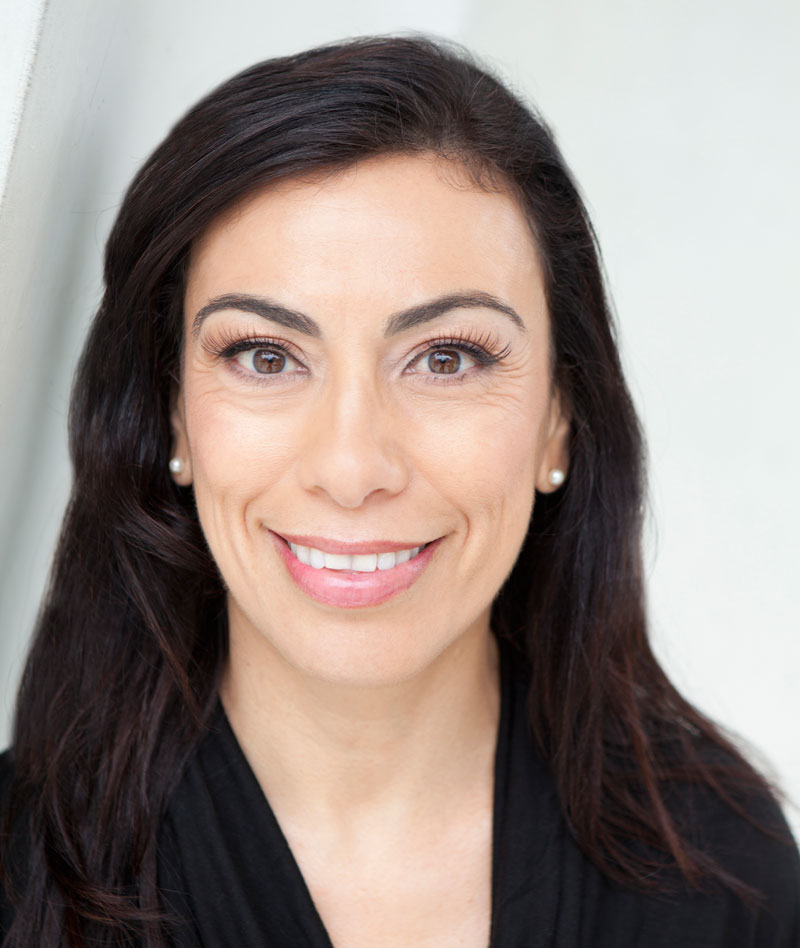Carmen Aguirre is an author, actor and playwright living in Vancouver. Her book Something Fierce: Memoirs of a Revolutionary Daughter won CBC Canada Reads 2012 and is a #1 national bestseller. Mexican Hooker #1 and My Other Roles Since the Revolution, a Globe and Mail bestseller, was published in April 2016. Room’s Taryn Hubbard had the chance to ask Carmen a few questions about her writing practice and what she’s looking for in a CNF contest submission.
Carmen Aguirre, this year’s Creative Non-Fiction judge, is an author, actor and playwright living in Vancouver. Her book Something Fierce: Memoirs of a Revolutionary Daughter won CBC Canada Reads 2012 and is a #1 national bestseller. Mexican Hooker #1 and My Other Roles Since the Revolution, a Globe and Mail bestseller, was published in April 2016.
Room’s Taryn Hubbard had the chance to ask Carmen a few questions about her writing practice and what she’s looking for in a CNF contest submission.
TH: You write in many genres, from memoir to stage plays, how do you determine which genre fits the story you want to tell?
CA: I have written and co-written so many plays because I come from the theatre and it is my first and biggest love. I also find it the hardest form to write in, as it is very taut and limiting, and I find it almost impossible to write a good play. This is very frustrating but it continues to teach me humility and what it means to be at the mercy of a story and how best to tell it. I decided to go into memoir because the amount of content that was required for both my memoirs was far too much for a play. I love creative non-fiction, and as difficult as it is, it is far easier than playwriting. I also must credit playwriting for teaching me so much about writing.
TH: In a quote on cbc.ca (http://www.cbc.ca/books/2016/
CA: I had this “A-ha!” moment in my acting training at theatre school, almost right away. Much of my skill set as an actor has been very helpful in my writing, because being an actor is being a storyteller. It is never about you, it is always about the audience. If it’s about you, then you’re not acting, you’re being self indulgent. That is to say, if you are onstage having a conversation with yourself, you are doing therapy in front of an audience, and that is not theatre, it is not story, it is not acting. The same can be said for writing. It must always be about the reader. You do this by having a theme and counter-theme, by giving your characters super objectives and objectives, by being specific because in specificity there is truth, by structuring your work. You do it by having an organizing principle.
TH: How does performance influence your writing, if at all?
CA: When I write for the theatre, I let the actor in me do the writing. Because people don’t speak in prose. When I write memoir, I let the writer in me do the writing. Acting is a discipline, like dancing. It requires an immense amount of training, skill, focus, precision, dedication, and a fine-tuned instrument. I have brought that discipline into writing and it has served me well.
TH: What are you looking for in a strong submission to Room‘s creative-non fiction contest?
CA: I am looking for content and an organizing principle.
TH: Are there any new books slated for 2017 that you are looking forward to?
CA: So many! Madeleine Thien’s Do Not Say We Have Nothing is at the top of my list. Currently I am finishing Marlon James’s A Brief History of Seven Killings. I spend most of my reading time reading film and TV scripts for auditions that I do, and I have spent the last month reading plays for pitches that I make to theatre companies.














